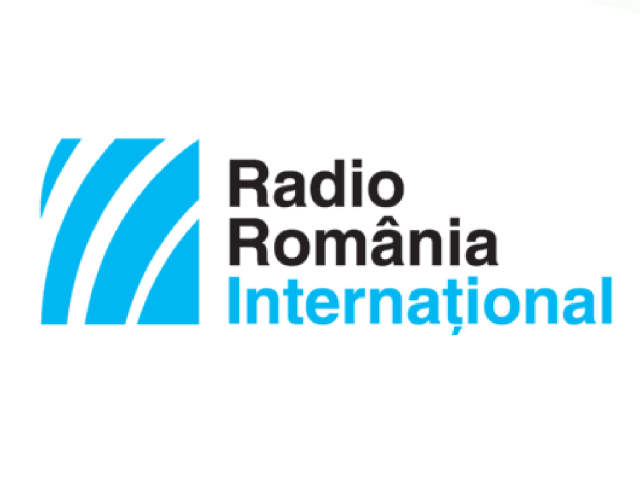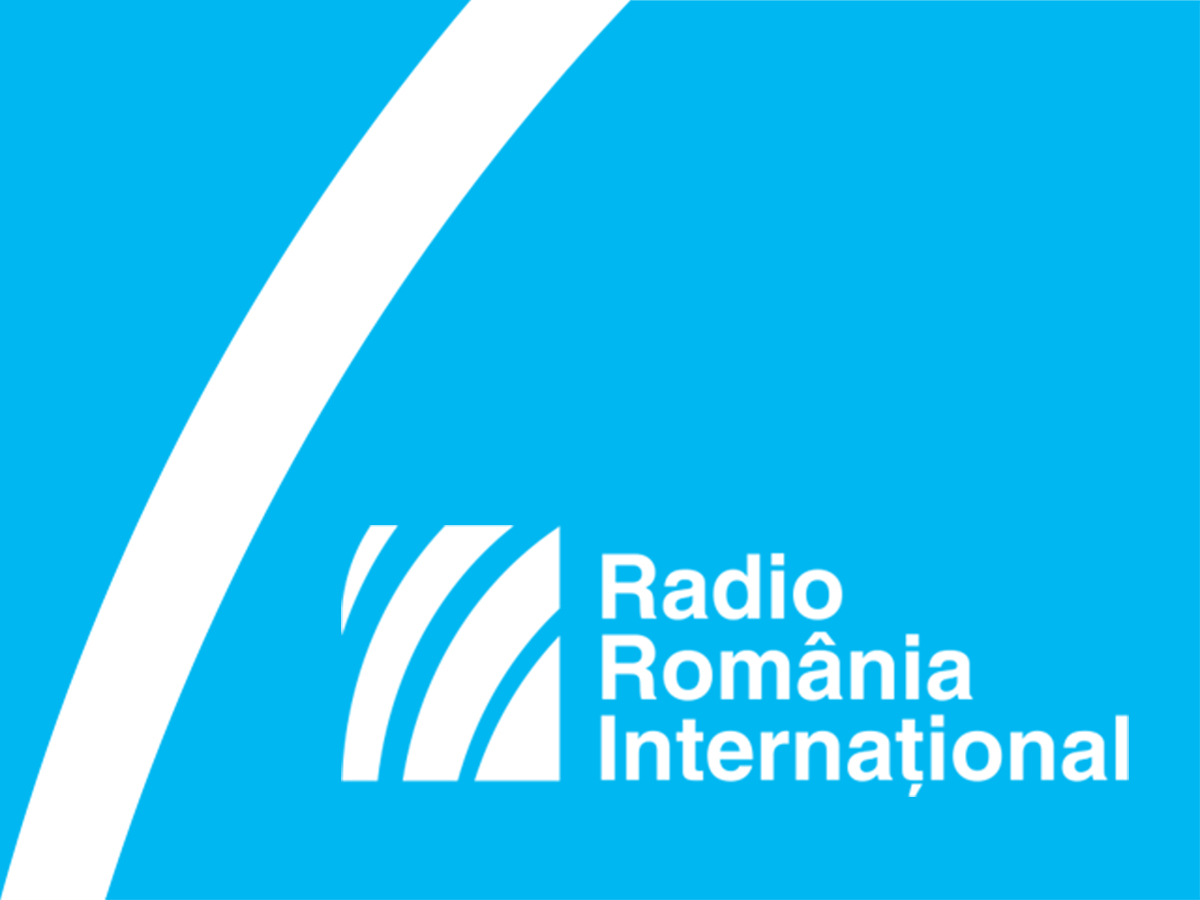Romania and Aid for Emerging Countries
One of the great processes after the Second World War was the decolonization of the world

Steliu Lambru, 23.06.2023, 12:38
One of the great processes after the Second World War was the decolonization of the world. The colonizers had to recognize the status of independence to the former colonies, and relations between them continued to exist from new positions. However, even in socialist countries, willingness to support the countries of what today is called the Global South, Latin America, Africa, Asia and Oceania, in the name of a new humanism, began to emerge. In the relations between the old states and the new ones formed by the former colonies, humanitarian aid was among the most extensive forms of support. But it was no less true that aid and support tacitly represented the interests of those who offered it. Socialist Romania also got involved the Third World, as the Global South was called, starting in the 1970s. Nicolae Ceaușescus policy of openness towards the African continent, to socialist countries or socialist-sympathetic countries in Asia, and to the communist movements in Latin America. Historian Mia Jinga from the Institute for the Investigation of the Crimes of Communism and Romanian Exile is part of a larger project studying Romanias global politics from the 1960s to the 1980s.
“What did the humanitarian aid offered by Romania consist of? We used a method to see all possible levels of humanitarian aid starting with the classic one, emergency humanitarian aid. Originally, thats what its all about, emergency aid in case of natural calamity: drought, floods, earthquakes and others. Its just that, not only Romania, but also the other states in the eastern bloc and the western states also applied other forms of aid: that for the population in conflict zones or in refugee camps, material and military aid offered to various liberation movements and some communist parties. Most of the money went there, in reality. Granting scholarships for pre-university education, university and specialization internships, granting specialized expertise and equipment, supporting development projects.”
In 1979, Romania helped emerging countries on three continents: Peru, Martinique, the Dominican Republic, Nicaragua, Mexico in North America, Central and South America; Benin, Ethiopia, Sudan, Burundi, Mozambique, Senegal, Central African Republic, Mauritania, Republic of Cape Verde, Namibia, Guinea-Bissau in Africa; Yemen and Lebanon in Asia. Mia Jinga pointed out that humanitarian aid and support that pursued political interests often combined. For example, Romania actively supported the Marxist-Leninist group Zimbabwe African Peoples Union (ZAPU) which took part in the civil war in Rhodesia between 1964 and 1979.
“On each such level, if we look carefully, there are other specific types of actions. For example, for natural calamities, aid is primarily in the form of basic foodstuffs, clothing, medicine and medical aid. After that, depending on what is needed, it diversifies for the others. From the multitude of actions, I chose the ZAPU activists, who seemed the most interesting to me. About 9.5 million lei went to this organization in 1979, while the average amount for other actions was 250,000 lei. The discrepancy was very big.”
Mia Jinga also explained the mechanism by which Romania granted aid to emerging countries.
“I looked at how this humanitarian aid project was going, where it started and where it ended. Was it an initiative of the Romanian state or, on the contrary, was the beneficiary the state who asked for the aid? In all cases, at least in the ones I have found so far, the aid was granted following a formal request sent at a high level. The request came from a known leader of the respective party or movement, possibly following a meeting with Nicolae Ceaușescu, either after a visit or a meeting abroad. After receiving this request, the External Relations Section of the RCP Central Committee drew up a note justifying whether it approved or rejected that request. The justification also included a brief history of humanitarian aid relations to the respective beneficiary, the amounts for each year, if there had been previous aid, how well or badly the aid had been used, and any diplomatic problems that would arise as a result of the granting of said aid. There were many situations in which Romania would have helped, but the international political context at that time was such that the answer was no. In all cases, Nicolae Ceaușescu had the last word. There are cases which, like Vietnam, were given the green light. Regardless of the amount requested, it was given to them. At some point, however, Nicolae Ceaușescu said that Romania had been helping Vietnam for 10 years, and asked the Vietnamese to start getting to work for themselves for a change.”
Socialist Romania, like the other socialist states, had a differentiated aid policy depending on the emerging country. Archives reveal both successes and failures of various projects, the privileged continent for the global policy vision of Ceaușescus Romania being Africa, which he visited numerous times.






























